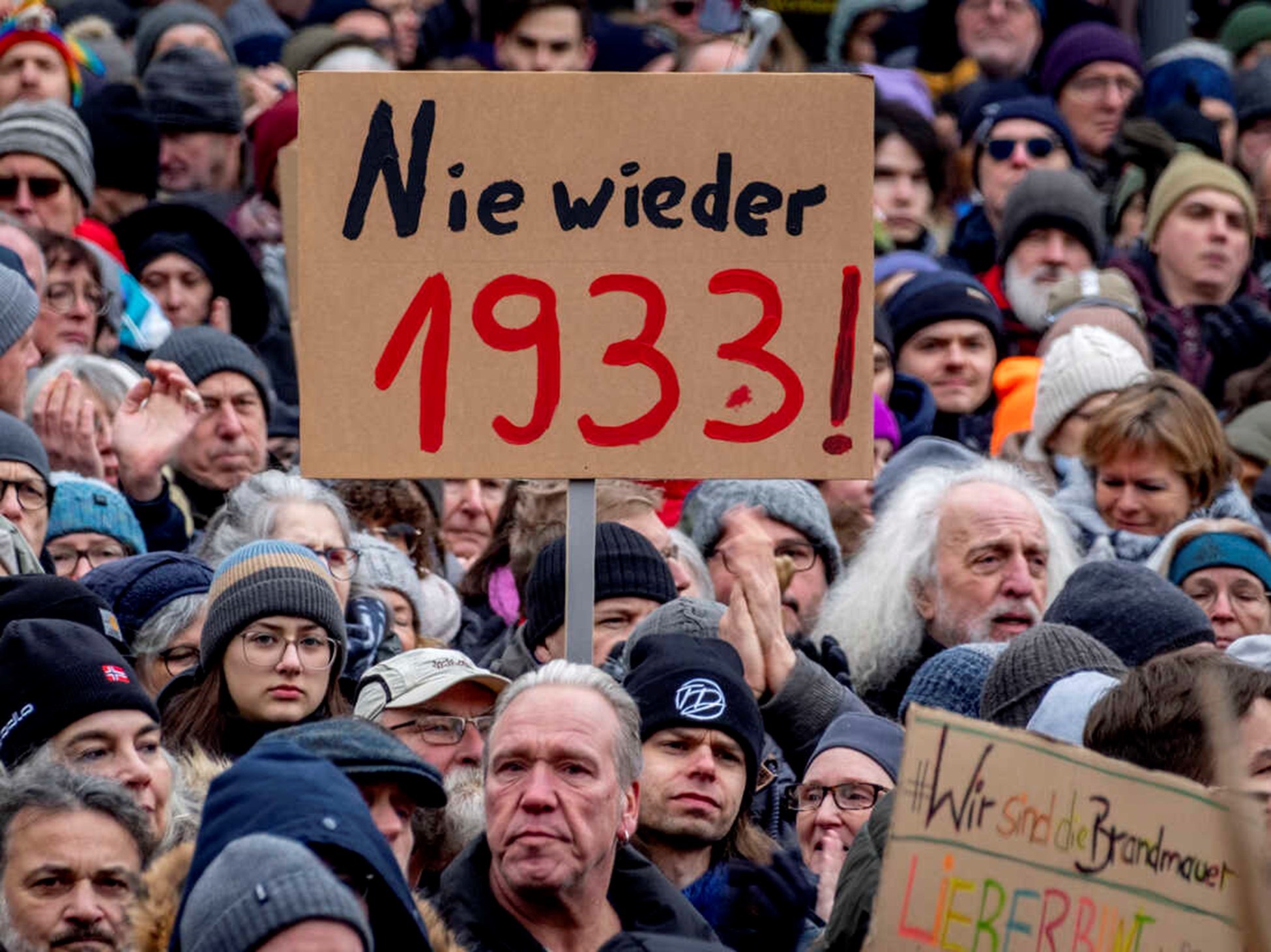Interfaith Insight - 2024
Permanent link for "What One Chooses To Forget, A Warning," by Douglas Kindschi, Founding Director of the Kaufman Interfaith Institute, GVSU on January 30, 2024
“One can tell a great deal about a country by what it chooses to remember…. One can tell even more by what a nation chooses to forget.” These are the words of Lonnie G. Bunch III, the founding director of the National Museum of African American History and Culture, and currently head of the entire Smithsonian Institution, the world’s largest collection of museums and research and education efforts. Writing in a recent issue of The Atlantic, Bunch expands the theme of what we choose to forget, “what memories are erased and what aspects of [a nation’s] past are feared. This unwillingness to understand, accept, and embrace an accurate history, shaped by scholarship, reflects an unease with ambiguity and nuance—and with truth…. Why should anyone fear a history that asks a country to live up to its highest ideals—to ‘make good to us the promises in your Constitution,’ as Frederick Douglass put it? But too often, we are indeed fearful. State legislatures have passed laws restricting the teaching of critical race theory, preventing educators from discussing a history that ‘might make our children feel guilty’ about the actions and attitudes of their ancestors. Librarians around the nation feel the chilling effects of book bans.”
Some of you know that our eldest daughter married a German pastor, and we have four dual citizen grandchildren. In Germany they do the opposite, systematically remembering the lessons of the Nazi period and the horrors of the holocaust. It is against the law to produce, distribute or display Nazi symbols or swastikas. The march in Charlottesville of neo-Nazis displaying with swastika flags was shocking and unthinkable to German citizens. Holocaust denial is illegal, and the lessons of the past are to be remembered lest we further hate and extremism.
These lessons are so ingrained in the German public that just last week hundreds of thousands demonstrated against right-wing extremism throughout the country. Responding to an investigative news report of extremists meeting to explore mass deportations of people of foreign origin, protests in Berlin, Munich, Cologne, Hamburg, Frankfort, and many other cities drew thousands. Carrying signs like “Against Hate,” “Defend Democracy,” “Nie wieder 1933!” (“Never again 1933!”), the protestors, most of whom were not even born then, were reminded of that fateful year when in January 1933, Hitler was elected Chancellor. By March of that year the Dachau Concentration Camp was established, in April 1933 the law was passed excluding Jews and other political opponents from holding civil service or any government positions. In that year there was also a national boycott of Jewish-owned business, book burning of “un-German” books throughout the country, and laws mandating forced sterilization of persons with physical and mental disabilities.
In his effort to bring government and religion together, Hitler supported the German Reich Church also formed in 1933. While he cynically supported this effort to combine church and state, Hitler was no believer but used this effort to consolidate his power and as a way to silence dissenters.
There was an effort to combat this misuse of the church by Lutheran pastor Martin Niemöller who sent out a letter to pastors to come together in 1933 in the formation of the Pastors’ Emergency League. This led to a gathering of clergy and lay, meeting in May of 1934 where the Confessing Church was established. From this meeting came the Barmen Declaration, written primarily by Karl Barth, which became the rallying document to oppose the German Reich Church. The Barman Declaration affirmed Scripture and rejected the false teaching of the German Reich Church that supported Hitler’s attempt to bring church and state together under his leadership.
Niemöller was arrested by the Gestapo in 1937 for his opposition and spent the next seven years in concentration camps including Dachau before being freed by Allied forces at the end of the war. Niemöller is also remembered for this quote:
First they came for the socialists, and I did not speak
out—because I was not a socialist.
Then they came for the trade
unionists, and I did not speak out—because I was not a trade
unionist.
Then they came for the Jews, and I did not speak
out—because I was not a Jew.
Then they came for me—and there was
no one left to speak for me.
Other theologians and pastors in the Confessing Church were active in opposing Hitler, among whom was Dietrich Bonhoeffer who was arrested and put to death late in the war. His writings have been widely influential and his book The Cost of Discipleship is considered a modern classic.
The importance of religious leaders standing against political attempts to manipulate church and other communities to achieve their power cannot be ignored. Even Albert Einstein, not known for his strong faith, recognized the importance of those whose faith requires them to call out false ideas. He said, “Only the church stood squarely across the path of Hitler’s campaign for suppressing the truth….I am forced to confess that what I once despised, I now praise unreservedly.”
Do the religious communities in our own day, as well as others who seek truth, have the commitment to learn from mistakes of the past, and to stand and speak out for what is right?


